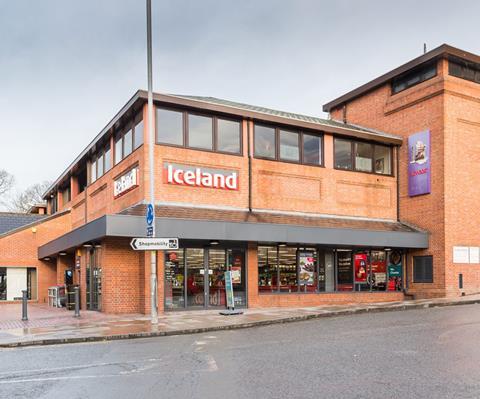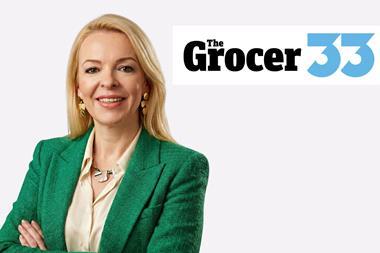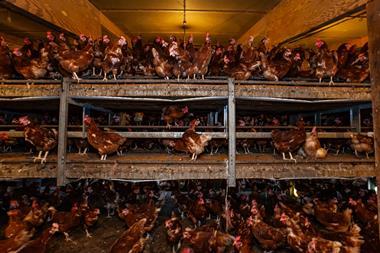
Moody’s remained cautiously optimistic over Iceland Foods’ prospects of tackling its mountain of bond debt, despite what were described as “weaker” than expected results, the agency said in a comment issued this week.
The statement, which covers results published to bond holders by Iceland’s holding company – Iceland VLNCo – gives an insight into the company’s leverage against its £800m bond debt, and expected performance over the coming months. It is the first look at the company’s broader finances since results posted at Companies House in November showed that losses at the supermarket had widened on the back of soaring energy costs in the year to March 2023.
In the 12 months to 29 December 2023, EBITDA totalled £289m, which had remained broadly flat against £284m the agency forecasted in September, Moody’s said. It meant that Iceland’s gross debt to EBITA ratio was 5.2x, which was higher than the 5.1x in September, and the 4.5x initially predicted by the agency for the year.
Despite the “somewhat weaker” than expected results, Moody’s “currently still expect the company to reduce its debt and its Moody’s adjusted gross debt to EBITDA leverage ratio over the next 12-18 months,” the agency said.
In the three months prior to December, Iceland had seen its gross debt rise by a further £40m from £1.44bn, as a result of a store expansion programme. The majority of this is through a new lease liability on a new warehouse and distribution facility set to open in Warrington in 2025.
Iceland had opened seven new stores during 2023, and planned to invest in adding a further 15-20 new sites in the 2025 financial year, which would eat into its free cash flow, Moody’s said. Iceland’s cash remained “strong” at £146m.
The optimistic outlook will come as a boost for the Walker and Dhaliwal families, who jointly own Iceland, after a couple of years in which Iceland’s exposure to soaring energy costs had led to concerns that it could struggle to pay back its bond debt.
The concerns saw Moody’s downgrade Iceland’s credit rating from a B2 to a B3 in August 2022, and later, led to at least three credit insurance companies remove cover for suppliers to the supermarket in February 2023.
Iceland had always maintained that it remained in control of the situation, and has been working to refinance bond debt, and to hedge energy costs through securing new long-term deals with suppliers.
Despite the “positive outlook” the performance was not enough for Moody’s to upgrade Iceland’s credit rating, Moody’s said. The agency cited Kantar data over the second half 2023, which showed its share of the UK grocery sector remained “largely flat”, bobbing between 2.1% and 2.4% between October 2023 and January 2024.
The Grocer has contacted Iceland for further comment.



















No comments yet